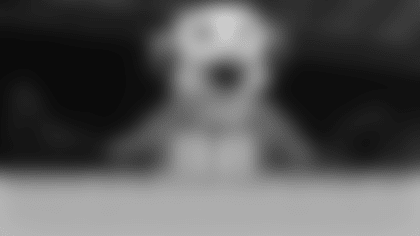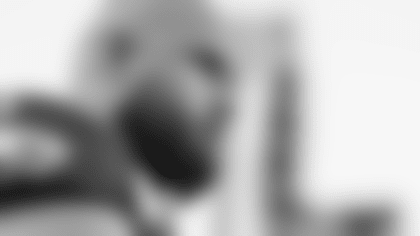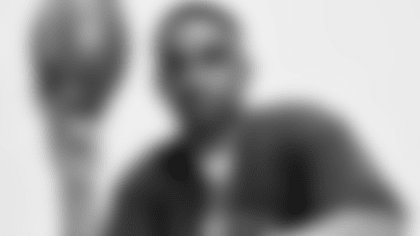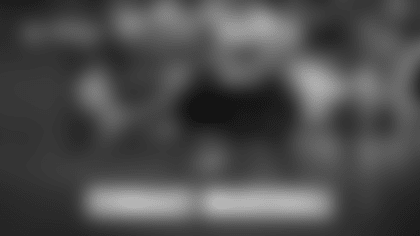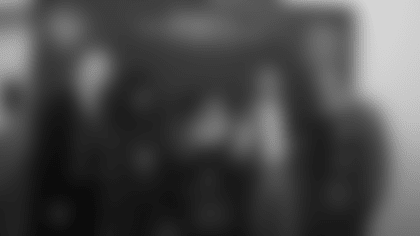The Eagles continue to support nonprofits that work to reduce barriers to opportunity and end racism. In support of Black History Month, the Eagles are proud to recognize the work of one of these nonprofits each day.
The 19 Police Athletic League centers are scheduled to reopen this week across Philadelphia in a limited capacity. That's tremendous news for the dedicated officers who serve as role models in some of the city's toughest neighborhoods.
"PAL's mission has always been to be a safe haven for children. We realize now more than ever that we have to step up and be those folks. The officers in those centers have built relationships with the kids. They love the neighborhoods. They love the kids. This has been hard on them. They miss having a gym full of kids," said Captain Krista Dahl-Campbell, the Police Athletic League of Philadelphia's commanding officer.
Since 1947, the Police Athletic League's mission has been to reduce crime, promote character development, and improve education using sports as the primary vehicle for starting the conversation. PAL does this by providing fun, safe, and free programming for children ages 6-18.
"What transpires in these PAL centers is really effective, consistent mentoring, role modeling, coaching, sometimes parenting quite frankly, and tutoring," said Ted Qualli, PAL Philadelphia's outgoing executive director. "These kids have a lot stacked against them. The officers help these kids understand and connect the dots. These kids have just as much potential as any other child. They just don't have the opportunity."
The impact that these PAL centers have on neighborhoods is tangible. After the Harrowgate PAL center opened, there was a 39 percent reduction in juvenile arrests over the next two years. There was a 16 percent drop-off in juvenile arrests in the three years after the Oxford Circle PAL center opened its doors.
The reopening of the centers comes at a critical time. The COVID-19 pandemic has forced everything over the past year – including PAL programming – to go virtual. During the pandemic, there were protests for social justice and equality, which put the relationship between local communities and the police in the spotlight following the murder of George Floyd by a Minneapolis police officer.
Captain Dahl-Campbell recalled a moment during the Philadelphia protests when Officer George Yuille, who runs the Bluford PAL center, transported other officers to provide backup. Upon arrival, a group of children recognized Officer Yuille from the PAL center and ran over to hug him. They had missed seeing him since the PAL center closed due to COVID.
"That's very exciting to be able to get these kids back into the centers where they get to both interact with Philadelphia Police Officers, which is huge for building relationships in the community with the police. It's also good for the kids to have an adult member of the community who cares about them and wants to work with them and see them flourish in life," Dahl-Campbell said.
PAL's mission is extremely personal for new Executive Director April Thomas-Jones, who grew up in West Philadelphia.
"When people say social justice, it is just much bigger to me than let's open doors and have a conversation. Let's really look at the long-term effects that happen. It's really about providing that avenue to access. It's access to safety. It's access to a friend, an adult you can look at that's not doing something that would be detrimental to you. We're giving them access to belong to something better. We are leveling the playing field and we're making generational change."
Sports has the power to provide a starting point for meaningful conversation and action. PAL looks to capitalize on it to engage with the youth and build relationships to improve children's lives and their neighborhoods.
Learn more about the Police Athletic League:
• Website
• YouTube




